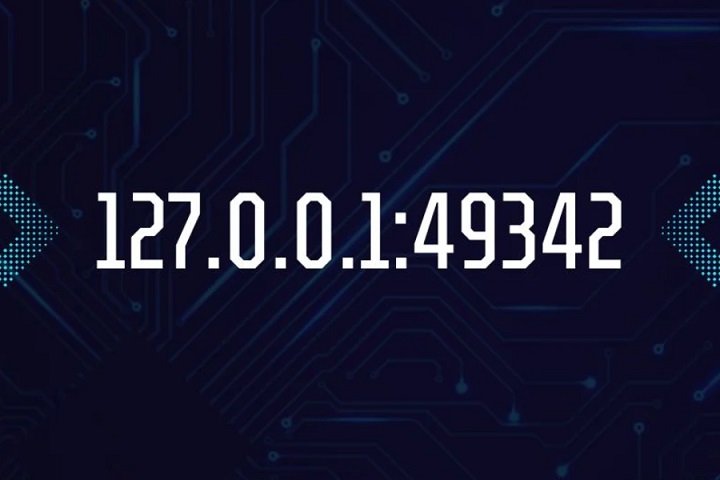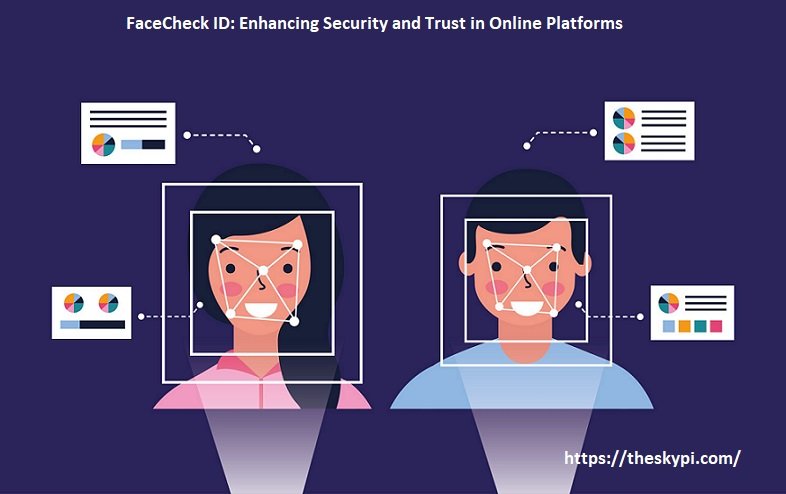In the world of web development and networking, 127.0.0.1:49342 is a familiar term, representing the local host. It serves as a loopback address used to test network applications on your machine. When combined with a port number, such as 49342, it specifies a unique endpoint for network communication. While localhost is inherently more secure than public-facing IP addresses, it’s still crucial to ensure that your localhost connections are protected, especially when dealing with sensitive data or development projects. This article provides comprehensive steps and tips on how to secure your localhost connection at 127.0.0.1:49342.
Understanding Localhost and Port Numbers
What is Localhost?
Localhost refers to the standard hostname given to the local machine’s loopback network interface. It allows developers to run network services locally without exposing them to external networks. The IP address 127.0.0.1:49342 is reserved for loopback and is used to establish an IP connection to the same machine or computer being used by the end user.
What are Port Numbers?
Port numbers are used in networking to identify specific processes or services. They work as communication endpoints, enabling multiple services to operate simultaneously on a single device. For example, the default port for HTTP is 80, and for HTTPS, it is 443. In the case of 127.0.0.1:49342, 49342 is the port number associated with a specific service running on localhost.
Why Secure Localhost Connections?
Even though localhost is not accessible from the external network, there are several reasons to secure it:
- Prevent Unauthorized Access: While localhost is inherently secure from external threats, internal threats from malicious software or other users on the same machine can pose risks.
- Data Protection: Sensitive data, such as credentials, API keys, or personal information, should be protected even in local environments.
- Development Security: Secure development environments help in maintaining secure production environments. Ensuring that your local host is secure prepares your application for a more secure deployment.
Steps to Secure Your Localhost Connection
1. Use Secure Communication Protocols
TLS/SSL: Secure Socket Layer (SSL) and Transport Layer Security (TLS) are protocols that provide secure communication over a network. Even for local hosts, using HTTPS (HTTP over TLS/SSL) is a good practice.
To enable HTTPS for your local development:
Generate a Self-Signed Certificate: Tools like OpenSSL can be used to create a self-signed certificate for localhost.
sh
Configure Your Server: For example, if you are using a local server like Apache or Nginx, you can configure it to use the certificate.
2. Implement Authentication and Authorization
Basic Authentication: Implement basic authentication to restrict access to your local services. This can be done through your server configuration or within your application code.
- Application-Level Authentication: Ensure that your application requires authentication to access sensitive endpoints.
3. Configure Firewalls and Network Policies
Local Firewall: Use your operating system’s firewall to restrict access to specific ports. Ensure that port 49342 is only accessible by trusted applications.
- Windows Firewall:
- Open Windows Firewall with Advanced Security.
- Create a new inbound rule for TCP port 49342.
- Allow the connection only from 127.0.0.1.
4. Secure Database Connections
If your localhost service connects to a local database, ensure that the database is also secured.
- Database User Permissions: Create users with limited permissions specific to the needs of your application.
- SSL/TLS for Database Connections: Enable SSL/TLS for connections to your local database.
5. Regular Security Audits and Updates
Security Audits: Regularly audit your local environment for vulnerabilities. Tools like OWASP ZAP or Burp Suite can help in identifying security issues in your web applications.
Software Updates: Keep your operating system, development tools, and libraries up-to-date to mitigate vulnerabilities.
6. Use Environment Variables for Sensitive Data
Store sensitive data like API keys, credentials, and secrets in environment variables rather than hard-coding them into your application. This reduces the risk of accidental exposure.
7. Limit Access to Localhost
IP Binding: Ensure your application binds to 127.0.0.1 explicitly, preventing it from listening on all network interfaces.
8. Encrypt Local Storage
For applications that store data locally, use encryption to protect sensitive information.
- File Encryption: Use encryption tools to secure files stored on your local machine.
- Database Encryption: Enable encryption for local databases.
9. Disable Unnecessary Services
Review and disable any unnecessary services or ports running on your local machine to reduce potential attack surfaces.
10. Monitor and Log Activity
Implement logging and monitoring for your local services to detect and respond to any suspicious activity.
- Local Log Files: Maintain log files for your application and review them periodically.
- Monitoring Tools: Use local monitoring tools to keep track of your services and alert you of any anomalies.
Conclusion
Securing your localhost connection at 127.0.0.1:49342 is essential for protecting your development environment and ensuring that your applications are safe from internal threats. By following the steps outlined in this article, you can create a more secure local environment that mirrors the security practices needed for production systems. Remember that security is an ongoing process, and staying vigilant about updates, audits, and best practices is key to maintaining a secure local host 127.0.0.1:49342.
FAQs About, 127.0.0.1:49342
1. What is 127.0.0.1:49342?
127.0.0.1 is the loopback IP address used to refer to the local machine, also known as localhost. Port 49342 is a specific communication endpoint on the local host.
2. Why should I secure my local host connection?
Securing your localhost connection is important to prevent unauthorized access, protect sensitive data, and maintain a secure development environment. It helps safeguard against internal threats and prepares your application for secure deployment.
3. How do I enable HTTPS on localhost?
To enable HTTPS on localhost, you need to generate a self-signed SSL certificate and configure your local server (such as Apache or Nginx) to use this certificate. This ensures encrypted communication over HTTPS.
4. How can I implement authentication on my local host?
You can implement basic authentication by configuring your server to require a username and password for access. Alternatively, you can add authentication mechanisms within your application code to restrict access to sensitive endpoints.
5. What are some tools for securing localhost connections?
Tools like OpenSSL for generating SSL certificates, Iptables for configuring firewalls on Linux, and Windows Firewall can help secure local host connections. Additionally, security audit tools like OWASP ZAP and Burp Suite can identify vulnerabilities.
Also, Read More: Classroom 6x Fun.


